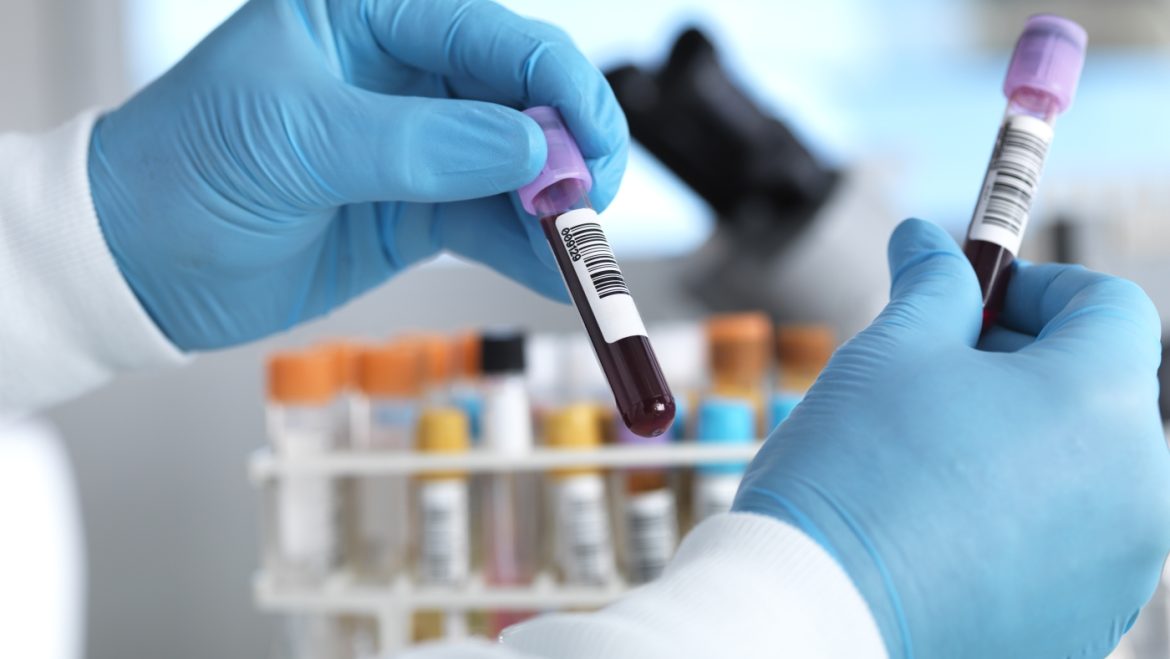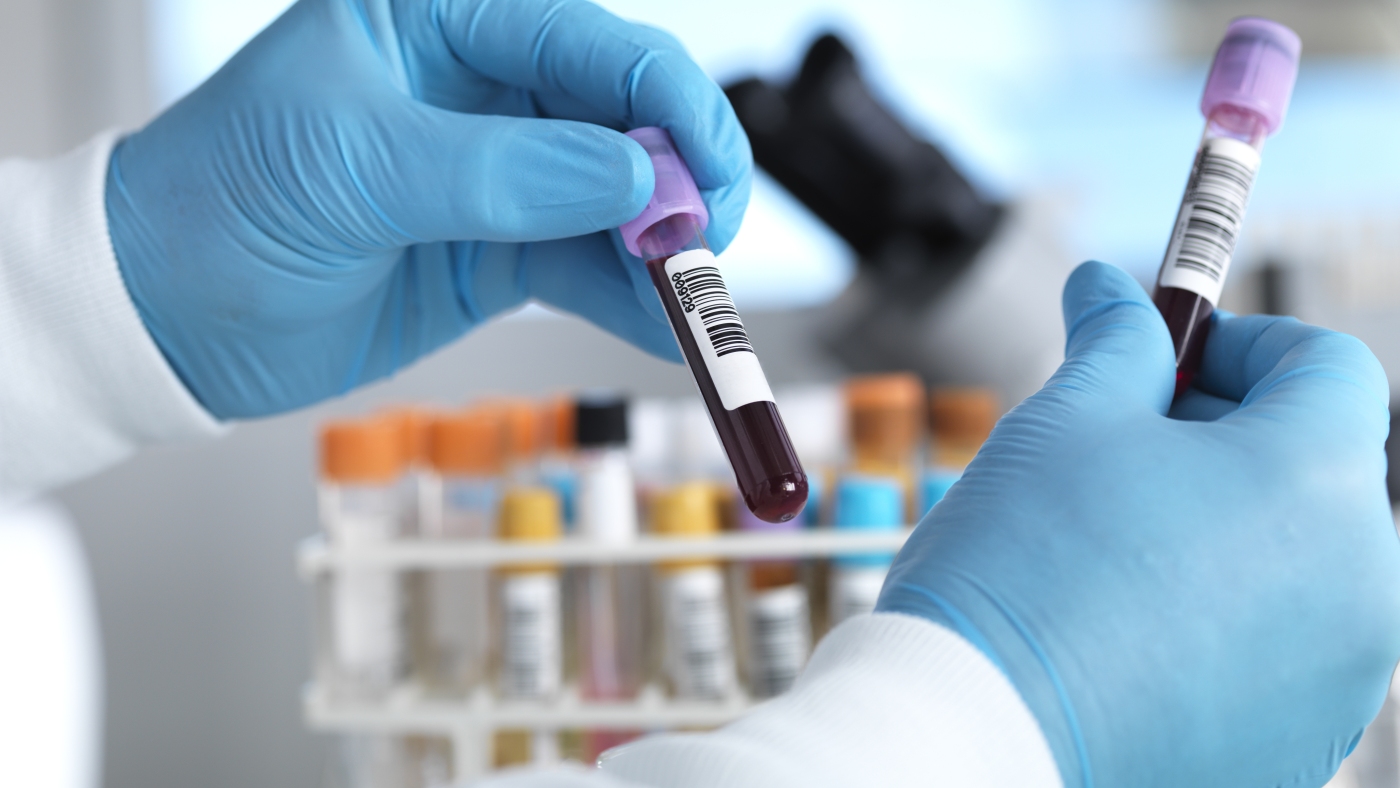The Growing Desire Among Older Americans to Know Their Alzheimer’s Status
In an era where medical advancements are rapidly evolving, the conversation around early detection and prevention of diseases has gained significant traction. One of the most pressing health concerns for older Americans is Alzheimer’s disease. A recent survey of 1,700 Americans aged 45 and older revealed that a striking 79% would want to know if they were in the early stages of Alzheimer’s. This data underscores a growing trend and raises important questions about the implications of early diagnosis, the psychological impact on individuals, and the broader societal implications.
The Importance of Early Detection
Understanding the Benefits
Early detection of Alzheimer’s disease offers several potential benefits. Foremost among these is the opportunity for individuals to plan for the future. Knowing one’s diagnosis early allows for financial planning, legal preparations, and making informed decisions about long-term care. Additionally, early diagnosis can facilitate participation in clinical trials, which may offer access to experimental treatments and contribute to scientific research.
Moreover, early intervention can sometimes delay the progression of symptoms, improving the quality of life for both the individual and their caregivers. Medications and therapies available today can manage symptoms more effectively when started early, providing a better chance to maintain cognitive function and independence for a longer period.
Psychological and Emotional Considerations
While the benefits of early detection are clear, the emotional and psychological impact cannot be overlooked. Receiving a diagnosis of Alzheimer’s can be devastating, leading to anxiety, depression, and a sense of loss. However, for many, the uncertainty of not knowing can be equally, if not more, distressing. The survey’s findings suggest that the majority of older Americans prefer to have clarity, even if it means confronting a difficult diagnosis.
The psychological preparedness for such a diagnosis varies among individuals. Some may find solace in knowing they have time to make important decisions and say their goodbyes. Others may struggle with the emotional burden. Support systems, including family, friends, and healthcare professionals, play a crucial role in helping individuals navigate this challenging period.
Societal and Healthcare Implications
Healthcare System Preparedness
The increasing desire for early detection places a significant burden on the healthcare system. Diagnostic tools and healthcare professionals need to be adequately equipped to handle the growing demand. This includes not only the technical aspects of diagnosis but also the emotional and psychological support required for individuals and their families.
Healthcare providers must be trained to deliver sensitive and empathetic information, ensuring that patients understand the implications of their diagnosis and the available support options. Additionally, there is a need for comprehensive care plans that address both the medical and non-medical needs of patients, including social services, counseling, and community support.
Policy and Research Directions
The survey’s findings highlight the need for policy changes and increased research funding. Policymakers must prioritize initiatives that support early detection and intervention. This includes funding for research into more accurate and less invasive diagnostic tools, as well as developing effective treatments and therapies.
Public health campaigns can also play a vital role in educating the public about the importance of early detection and the available resources. Raising awareness about the benefits and challenges of early diagnosis can help individuals make informed decisions and reduce the stigma associated with Alzheimer’s disease.
The Role of Technology and Innovation
Advancements in Diagnostic Tools
Technological advancements are revolutionizing the field of Alzheimer’s diagnosis. Innovations such as biomarkers, brain imaging techniques, and genetic testing are making early detection more accurate and accessible. These tools can identify subtle changes in the brain that may indicate the onset of Alzheimer’s, often before symptoms become apparent.
For example, positron emission tomography (PET) scans and magnetic resonance imaging (MRI) can detect amyloid plaques and tau tangles, which are hallmark signs of Alzheimer’s. Genetic testing can also identify individuals at higher risk due to familial history or specific genetic markers.
Digital Health and Telemedicine
The rise of digital health and telemedicine offers new avenues for early detection and monitoring. Telehealth platforms can provide remote consultations, allowing individuals to discuss their concerns with healthcare professionals from the comfort of their homes. This is particularly beneficial for older adults who may have mobility issues or live in remote areas.
Additionally, wearable devices and health apps can track cognitive function and other health metrics, providing valuable data for early detection and ongoing monitoring. These technologies can also facilitate better communication between patients and healthcare providers, ensuring timely interventions and support.
Conclusion
Embracing the Future with Knowledge and Support
The survey’s findings that 79% of older Americans want to know if they are in the early stages of Alzheimer’s reflect a profound shift in attitudes towards early detection and proactive healthcare. This desire for knowledge is driven by a combination of practical considerations and emotional needs. Early detection offers the opportunity for better planning, access to treatments, and participation in research, all of which can improve the quality of life for individuals and their families.
However, the journey towards early detection is not without its challenges. The healthcare system must be prepared to meet the growing demand, providing not only accurate diagnostics but also comprehensive support. Policymakers, researchers, and healthcare providers must work together to develop effective strategies and resources.
Ultimately, the key to navigating this complex landscape lies in embracing a future where knowledge and support go hand in hand. By fostering a culture of open dialogue, empathy, and innovation, we can ensure that older Americans receive the care and support they need, empowering them to live their lives with dignity and purpose, even in the face of Alzheimer’s disease.


